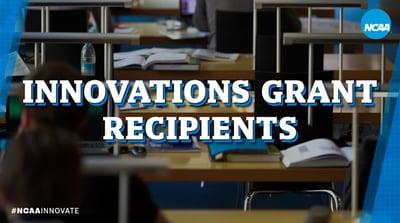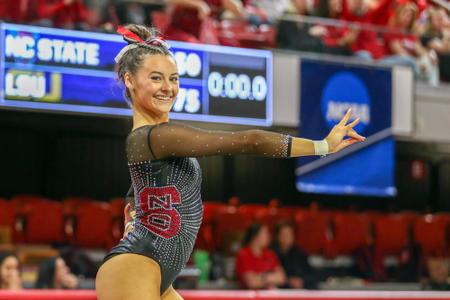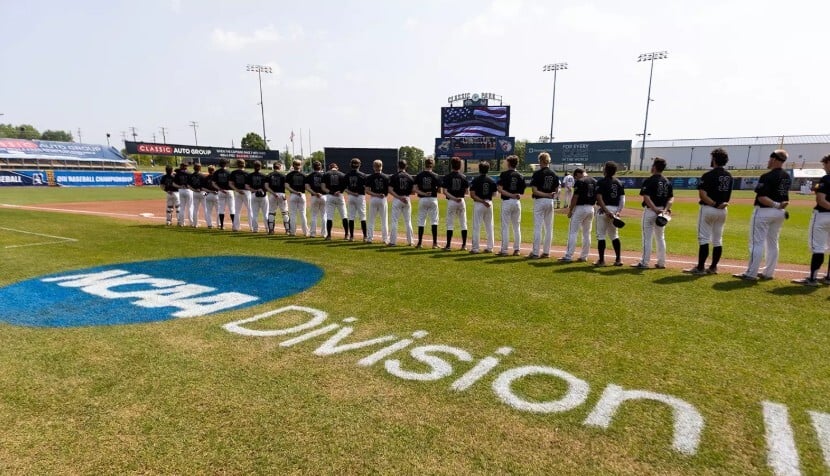NCAA Invests $100K in Research to Boost Student-Athlete Mental Health
 Three research teams have been selected to receive a total of $100,000 from the NCAA Innovations in Research and Practice Grant Program for the 2024-25 academic year. This funding will support studies aimed at enhancing the psychosocial well-being and mental health of student-athletes, particularly focusing on the impact of social media.
Three research teams have been selected to receive a total of $100,000 from the NCAA Innovations in Research and Practice Grant Program for the 2024-25 academic year. This funding will support studies aimed at enhancing the psychosocial well-being and mental health of student-athletes, particularly focusing on the impact of social media.
 The recipients, chosen from over 140 proposals, were announced by Eric Laudano, the panel chair and senior associate athletics director at Saint Joseph's.
The recipients, chosen from over 140 proposals, were announced by Eric Laudano, the panel chair and senior associate athletics director at Saint Joseph's.
The winning projects include Hofstra University's investigation into how social media affects student-athletes' identity and sense of belonging, both within and outside their teams. The team, led by Rebecca Bertuccio, Ph.D., will explore the nuanced interactions between social media use and team dynamics.
At the University of Kansas, Dr. Nataliya Bredikhina and Dr. Bomin Paek will focus on developing resilience among student-athletes facing negative social media feedback. Their project aims to empower athletes with strategies to handle and navigate online environments effectively.
The University of Delaware's project, directed by Claire Wanzer, M.A., involves creating data-driven strategies to improve digital well-being. This initiative will be a collaborative effort involving athletics departments from both Division I and II schools, including Binghamton University, Niagara, Daemen, and West Chester. The project seeks to mitigate the adverse effects of social media on mental health, well-being, and team relationships.
The grant recipients were selected by a diverse panel comprising student-athletes, academics, athletics administrators, an athletic trainer, a coach, and a mental health clinician. This panel was committed to funding projects that promise to offer transferable solutions and benefits to a broader campus audience.
These studies are set to provide significant insights into the intersection of mental health and social media within the context of collegiate sports. Findings from these projects will be made available to NCAA members in 2025, potentially setting new standards for supporting student-athlete mental health across campuses nationwide.
![HR Logo [Recovered]_Full Color Vertical-1](https://blog.healthyroster.com/hs-fs/hubfs/HR%20Logo%20%5BRecovered%5D_Full%20Color%20Vertical-1.png?width=199&height=178&name=HR%20Logo%20%5BRecovered%5D_Full%20Color%20Vertical-1.png)
 By
By


